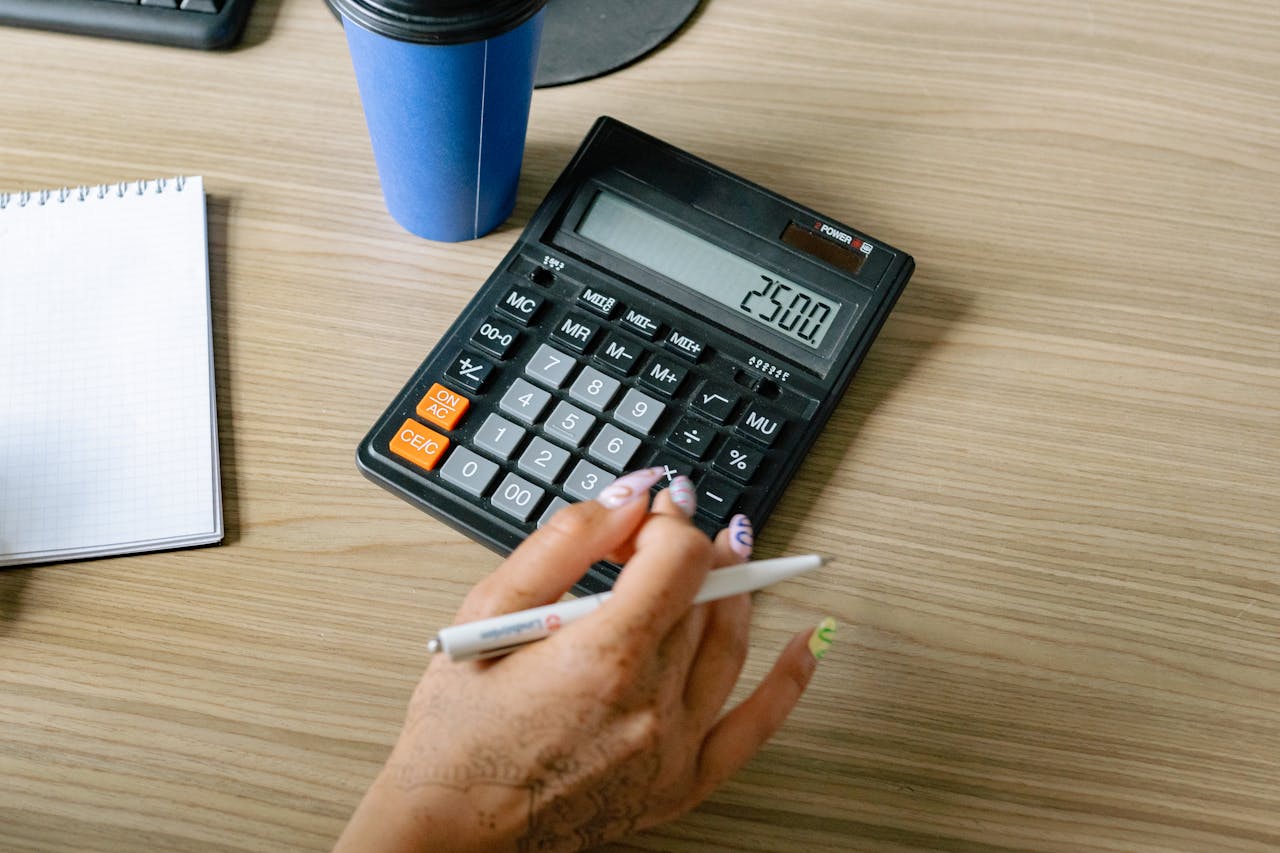NCFE Level 2 Functional Skills Qualification in Mathematics

About Course
Qualification Overview
This qualification is designed to demonstrate both mathematical skills at the appropriate level and the ability to apply mathematical thinking effectively to solve problems successfully in the workplace and in other real life situations.
Aims and Objectives
- Develop confidence in using mathematics.
- Provide a foundation for progression into employment or further technical education.
- Develop skills for everyday life, where the skills gained can be applied to solve mathematical problems.
Learning Outcomes
Upon completion, learners will be able to:
- Demonstrate a sound grasp of mathematical skills at Level 2.
- Apply mathematical thinking effectively to solve problems in various contexts.
- Use mathematics confidently in real-life situations.
Course Duration
The total qualification time (TQT) is 55 hours, which includes 45 guided learning hours (GLH).
Entry Requirements
There are no formal entry requirements for this qualification. However, it is designed for learners who have not achieved a GCSE or Functional Skills qualification in mathematics.
Who this Course is For
This qualification is suitable for:
- Learners seeking to develop practical, transferable skills in mathematics.
- Individuals aiming to work confidently, effectively and independently in life.
- Those looking to progress into employment or further technical education.
Mandatory Units
This qualification consists of one mandatory component:
- Mathematics.
Optional Units
There are no optional units; the qualification comprises only the mandatory mathematics component.
Assessment Methods
Assessment is conducted through a task-based assessment taken in a controlled environment, which is then internally assessed and externally moderated.
Career Progression and Further Education
Upon completion, learners can progress to:
- NCFE Functional Skills qualifications in English.
- NCFE Functional Skills qualification in Information and Communication Technology (ICT).
Further Education Opportunities
Learners may consider progressing to:
- GCSE in Mathematics.
- Other related qualifications in education and training.
